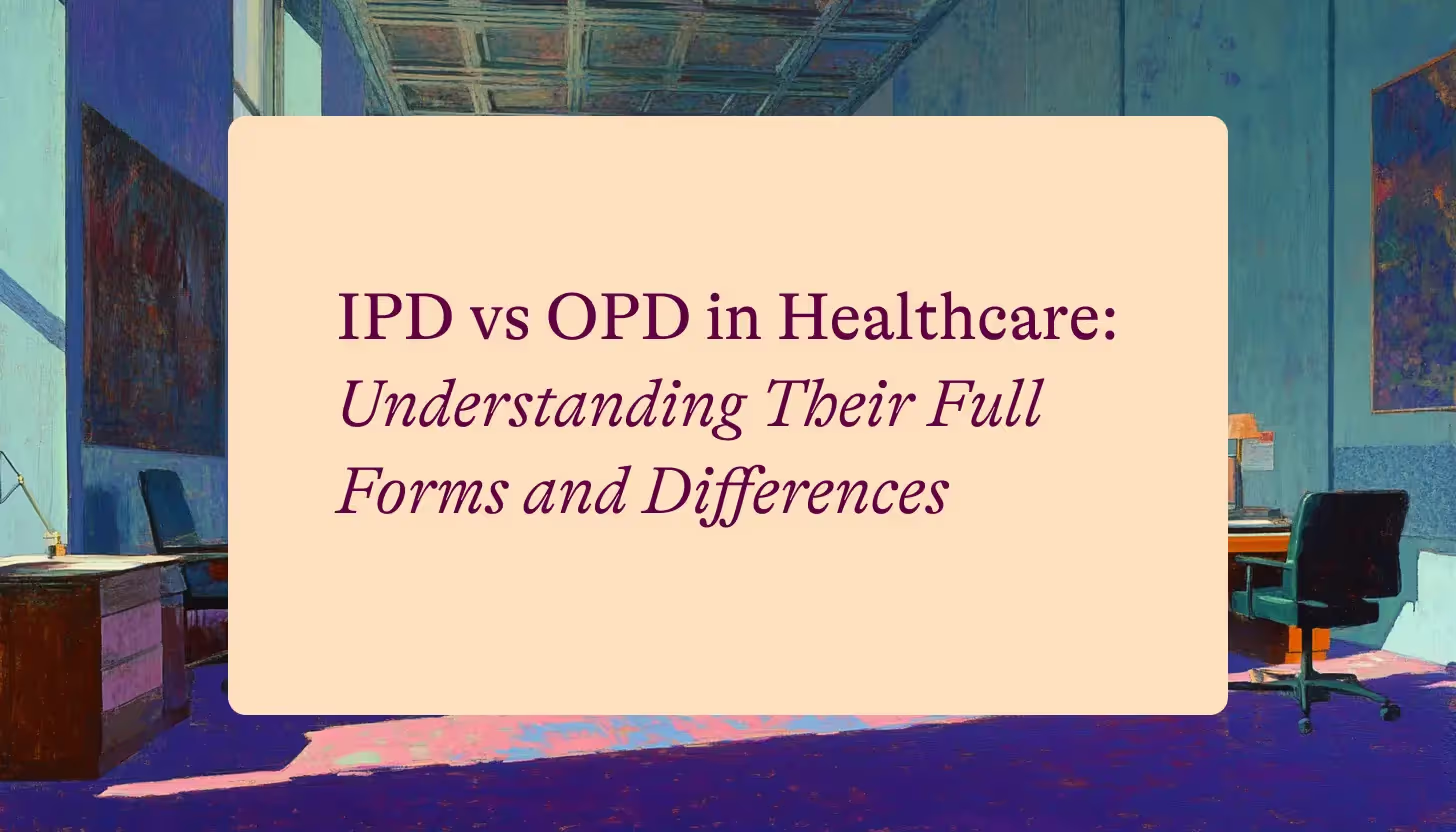Health insurance is frequently a misunderstood financial support. Especially in India, various myths revolve around health insurance policies. Therefore, before purchasing health insurance, you need to understand and separate the myths from the facts before making a decision.
Here's a list of the common and not-so-common myths, along with the actual facts behind them.
Myth 1: I'm Young And I Don't Need Health Insurance
Age has no relation to good health anymore, all thanks to our stressful lifestyle and environmental pollution. Studies have confirmed that a majority of the young population is getting sicker and sicker every day.
Irrespective of your age, you are safer with a health insurance policy than without it. Moreover, availing of a health insurance plan early in life is also more sensible as the premium is lower.
Myth 2: Employer's Health Insurance Is Not Enough
A majority of organizations cover their employees under their corporate health insurance schemes. But many people often fail to realize the importance of employee health insurance.
It’s a common misconception that an employee healthcare program is not enough. However, with the right add-ons, a comprehensive health plan can cover you as well as your dependants.
Myth 3: You Need To Be Hospitalized For Insurance
One of the most common myths is that you need to be hospitalized for at least 24 hours to avail of insurance. Most insurance companies have started providing cover for all daycare procedures such as radiotherapy, chemotherapy, dialysis, eye surgery, etc.
Nevertheless, dental care may not fall under daycare and may not need hospitalization. Specific health insurance policies cover all these.
Myth 4: Health Insurance Purchased Before Surgery Will Cover Costs
Health insurance policies often have a clause for a waiting period before making any claims. Moreover, pre-existing diseases will be covered after completing the waiting period. So read the policy documents carefully before buying a policy.
Myth 5: Pregnancy Is Not Covered
While this was true a few years ago, the scenario is changing for the better. Nowadays, insurers offer pregnancy and maternity coverage with some specific constraints. Some insurers cover a restricted number of pregnancies; others have a waiting period of three years before covering such claims.
Myth 6: You Will Be Reimbursed Completely
The percentage of reimbursement is policy-specific. Further, most policies have a cap for room charges depending on the total sum insured, and the excess amount needs to be paid by the insured.
Besides, a policy has sub-limits for other expenses like medication which may fall under partial reimbursement. It would be prudent to choose the perfect plan for your needs from the wide range of policies available.
Myth 7: Cheapest Policy Is The Best Policy
While buying a low-cost health insurance policy with high-cover can be tempting, an attempt to find the cheapest health policy may not be the right approach and is among the more common health insurance myths that need to be busted.
It is improbable that one would find two plans with similar benefits to make a comparison based on premium. Further, the low-cost policies may not include all features or may have restrictions.
Myth 8: You Lose All Benefits If You Don’t Renew On Due Date
It is important that you don't break the insurance contract's continuity and keep renewing the policy. This ensures that there is no period in which there is no coverage.
Even if a health insurance policy is not renewed on the due date, one may do so within the next 15 days of the policy expiry date. This allows the insured person to be treated as continuously insured in terms of continuity benefits such as coverage of pre-existing diseases.
But remember that claims during this period won't be accepted until the policy is renewed by paying the due premium.
Myth 9: You Should Compare Pre-existing Disease Waiting Period
People usually fret about the waiting period applicable for pre-existing ailments. But for those who are healthy while taking the policy, this clause doesn't apply.
If one has a pre-existing disease, most policies cover it after a four-year waiting period. Moreover, it is vital to disclose pre-existing ailments while buying a health insurance policy in order to ensure hassle-free claim settlements.
Myth 10: Purchasing Health Insurance Online Is Unsafe
In this digital era, buying anything online is convenient, and just a click away. All the particulars are uploaded on the websites with secure payment gateways that offer complete privacy.
In addition, queries are addressed, and information is verified online quickly. Buying a health insurance policy online barely takes 10 minutes of your time and is the most convenient option available right now.
Conclusion
Buying health insurance is an important process to safeguard yourself during stressful times like a medical emergency. The process involves research and exploring all your options before you settle on the plan of your choice.
We hope these health insurance myths and the facts that we’ve shared above can help you make the right decisions.
.avif)










.avif)














